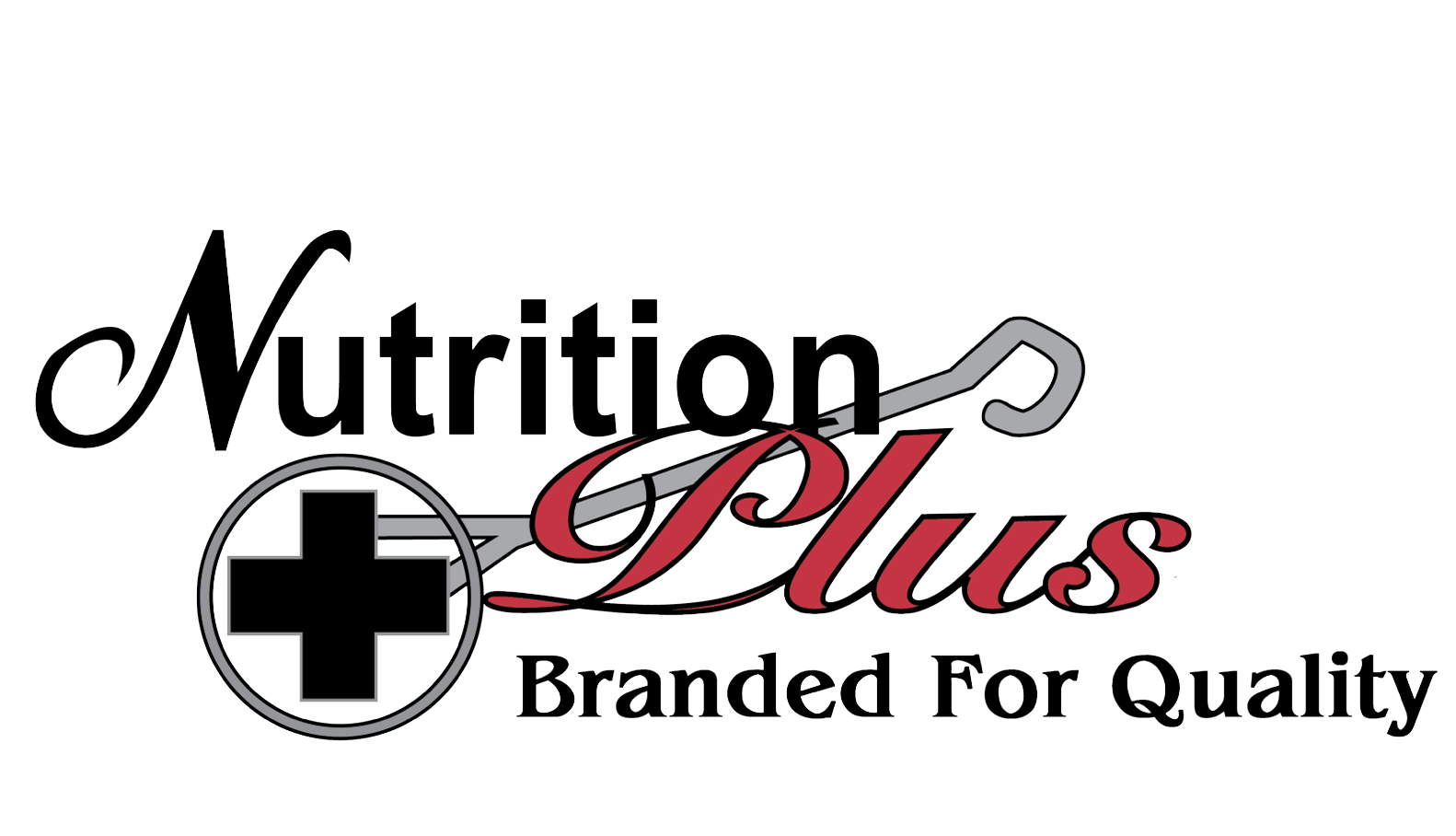BEEF CATTLE RESEARCH UPDATE Britt Hicks, Ph.D., PAS
Area Extension Livestock Specialist May 2022
The Effect of Injectable Vitamin C and Long-Haul Transport Stress in Beef Steer Calves
Transportation of cattle is unavoidable due to the segmentation of the beef industry. As a result,
long-haul transport may occur at several points during the lifespan of feedlot cattle. Psychological
and physical stress associated with transit can negatively impact cattle health and performance
upon arrival at their destination. An Iowa State University study examined the effects of injectable
vitamin C before transport and duration of transit on feedlot performance, inflammation, and muscle fatigue in cattle.1
In this study, 132 Angus-cross steers (867 lb) were stratified by body weight and randomly assigned
to a 2 × 2 factorial experiment. The steers were given an intramuscular injection (20 mL/steer; 10
mL/injection site on opposite sides of the neck) of either vitamin C (Vet One, Boise, ID; 250 mg
sodium ascorbate/mL) or a normal saline control two hours prior to transportation. Prior to the
injections steers had ad libitum access to feed and water. Following the pre-transit injections, steers were loaded onto a commercial livestock trailer and transported for either 8 hours (472 miles) or 18 hours (1100 miles). During transport, steers did not have access to feed or water. The steers were weighed five days before transport and on the day of transport. After the transit event, the steers were sorted into pens equipped with GrowSafe bunks (measure individual feed intakes) and housed there for the remainder of the 55-day trial.
These researchers reported that steers transported for 18 hours had greater shrink compared to
those transported 8 hours steers (P < 0.01, 7.39 vs. 5.93%). Final weights were greater for steers
transported 8 hours vs. 18 hours (P = 0.05, 1051 vs. 1042 lb). However, overall average daily gain
was greater for steers transported 18 hours vs. 8 hours (P = 0.04, 3.87 vs. 3.68 lb/day). Overall feed
intake and efficiency were not affected by transit duration. As was expected, longer transit duration
increased indicators of muscle fatigue and inflammation. However, post-transit performance was
not appreciably different between transit durations.
Injectable vitamin C administered pre-transit increased plasma ascorbate concentration and
improved total antioxidant capacity for steers transported for 18 hours compared to steers receiving the saline injection. However, injectable vitamin C did not affect overall performance as greatly as these researchers observed in a in a previous study.2 These authors concluded that research is needed to “explore the effects of transit duration and the animal’s ability to adjust weight gain following a long-haul transportation event to understand better the physiological changes occurring within the muscle following transit. Additionally, more research is needed to determine reference ranges in beef cattle for antioxidant capacity and how values outside this range may impact the animal physiologically.” Overall, the results of this study suggest vitamin C has the potential to benefit the health of beef steer calves but its usefulness in increasing performance and reducing inflammation in long-haul transport needs further investigation.
1 Beenken, A. M., E. L. Deters and S. L. Hansen. 2021. The effect of injectable vitamin C and road transitduration on inflammation, muscle fatigue, and performance in pre-conditioned beef steer calves. J. Anim. Sci. Available at; https://doi.org/10.1093/jas/skab312
2 Deters, E. L., and S. L. Hansen. 2020. Pre-transit vitamin C injection improves post-transit performance of
beef steers. Animal 14:2083–2090.

